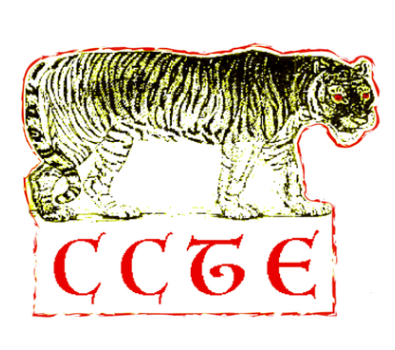Describe It Again
Exercises used in:
Describe Marx Again
Modes:
Imagination, Intensification, Surrealization
We often play a game called Describe It Again.
Describe it Again helps us to investigate words and concepts. By collectively re-describing an idea, the differences and variety in each participant’s own impression of the thing get dragged out from under the cover of imprecise slogans and exposed to the scrutiny and development of the group..
Sometimes we ‘redescribe’ concepts and words that are a bit too abstract to be meaningful unless people really say what meaning the word has to them. We have played this game with terms like ‘Organic Leader’ and ‘Youth’. Often describing it again also brings out critique.
Other times, we redescribe something that a comrade has said, putting it into new words. This allows the group to add layers of meaning, and results in the collective production of ideas, where a thought is turned over and produced by the group rather than remaining the intellectual property of the individual.
To Describe It Again, pass a piece of paper (or several pieces of paper) round the room, with a word or phrase at at the top. Each person will have a go at redescribing the word or phrase, using however many words they want. For some, it’s a technique of loose association, for others it’s about getting to the bottom of the thing, for others it’s about relating an experience or process of learning about the idea. When you receive the list, you need to try and encapsulate everything that has already been said above (not just redescribing the original word or phrase). So you need to consider all of your fellow students’ descriptions. This technique is particularly good to use in online meetings - it can be done in the chat box. If online, you will need to be clear about the order that people will be going in.
After you’ve gone around once, pull out words that have become too familiar, words that get used a lot and because of this have been a emptied of their meaning. Then for the second round, these words are ‘banned’ - people cannot use them in their description. If you like, you can do a third round with further banned words. This forces people to step out of the realm of common associations and tropey definitions.
Example:
In this example, we used the cliche “Organic Leader”:
Round 1
The first comrade said:
Someone who others follow;
The second comrade said:
The first tree;
The third said:
Someone who people trust;
And so on…
Assumed leader who seems important around here; Normally has an ego; Friendly and respected comrade; Stout and has something going on; First among equals; Tallest part of the hedgerow; A source of confidence; Charismatic; Someone who can talk to anyone; A trail guide; Someone that makes hard decisions; An example of action; Down with the kids
Round 2
(banned words: Follow, Trust, Leader, Important, Comrade, Confidence, First, Guide, Decisions, Action)
Is/was anti-union on some level; Smaller than the others; Distorted by the others; Roots; Biggest knot; Synthetic influencer; Maybe great as a person but distracting for organisers; Quiet punk boy scout; Accountable because known; Having nowhere to hide; A dancer who intuits the steps; Mycelial; Someone people gravitate towards; A dancer that doesn’t dance much; Representing the rest; Might have an ego; Changing/changer/shifting/shifter/growing/grower; This is new to me, new to you, but let's still see what model we should we use
Round 3
(played after an exercise exploring organising and leadership. You can see a shift in the tone, as people consider what has changed in their understanding)
Miles; Glasgow's miles better; Someone that works as a ears and mouth of people - often with some mistakes; Synthesizer; Signaller; No one; Someone who's travelled a long way; Hub connected to many spokes, albeit also a single point of failure; Dots and dashes that direct the eye; Someone who gets a lot of attention, sometimes at the expense of others; A potato in a stew; Connector and encourager and follower; Gatherer of information; A bottleneck, a compromise; Cart before the horse.
Critique of this technique:
This technique often produces good results, but it should always be paired with an exercise that explores the concept or word at hand, and ideally a round of DIA should be played before and after an exercise or activity.
When playing DIA in the chat box, it can be worrying that participants might not remember the order of play, or who should go next. Normally we do it in alphabetical order - with a big group it can be hard to manage.
What’s the time?
in Al-Quds -
in Panama and Chicago -
in Burkina Faso -
in Scotland -
in Al-Quds -
in Panama and Chicago -
in Burkina Faso -
in Scotland -
